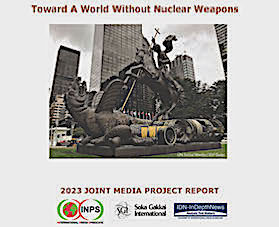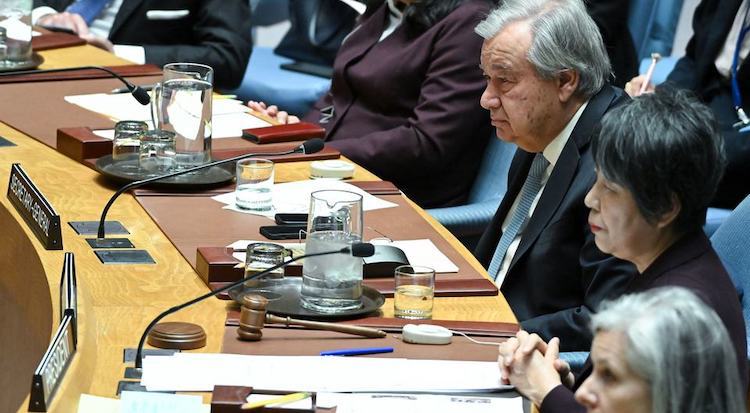
“Oppenheimer” Brings the Harsh Reality of Nuclear Doomsday, Warns UN Chief
By Thalif Deen
UNITED NATIONS, 25 March 2024 (IDN)— The award-winning movie “Oppenheimer”, based on the life of Robert Oppenheimer, credited with having helped the creation of the atomic bomb, has once again turned the spotlight on the longstanding campaign for nuclear disarmament—and the deaths and devastation caused by one of the world’s most destructive weapons. (P33) ITALIAN | JAPANESE | KOREAN | SPANISH
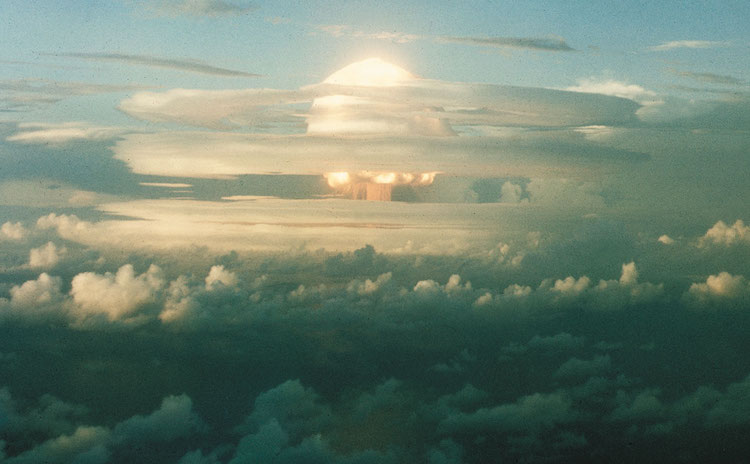
Is There a Way Out of Nuclear Stalemate?
By Ramesh Jaura
BERLIN | 16 March 2024 (IDN) — Russia's full-scale invasion of Ukraine has entered the third year. President Vladimir Putin has been threatening the use of nuclear weapons. Republican Presidential candidate, former President Donald Trump, doubled down his threat and appeared to invite Putin to invade any NATO member failing to meet the 2 per cent of GDP target for defence spending. (P32) ARABIC | JAPANESE | THAI

Need to Invigorate the Nuclear Disarmament Process
By Dr. J. Enkhsaikhan
The writer is Chairman of Blue Banner NGO and Former Permanent Representative of Mongolia to the United Nations.
ULAANBAATAR, Mongolia | 28 February 2024 (IDN) — Despite or perhaps because of the increase in geopolitical tensions, conflicts and the rise in the risks of nuclear weapons use, it is high time to look at the state of nuclear disarmament and consider what needs to be done to practically promote it. (P31) INDONESIAN | JAPANESE | TURKISH

Is Nuclear Outer Space a Possible Reality or an Empty Threat?
By Thalif Deen
UNITED NATIONS | 21 February 2024 (IDN) — The growing fear of a nuclear weapon in outer space was perhaps never anticipated 65 years ago when the UN General Assembly routinely created a Committee on the Peaceful Uses of Outer Space (COPUOS) back in 1959. (P30) ARABIC | FRENCH | JAPANESE | SPANISH
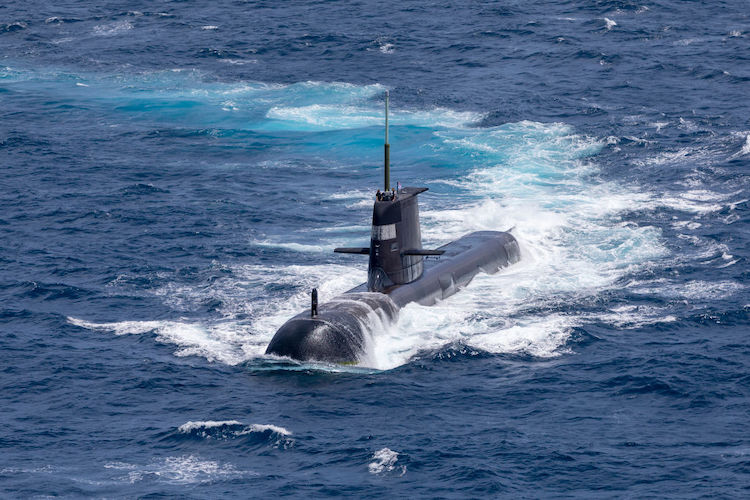
The Complexity of Nuclear Submarine Safeguards Impacts the Current Landscape
By Leonam dos Santos Guimarâes*
RIO DE JANEIRO | 14 February 2024 (IDN) — The topic of applying safeguards to nuclear submarine fuel, focusing on ensuring security and proliferation resistance, involves a complex interplay of international regulations, agreements, and technical considerations. (P29) FRENCH | HINDI | ITALIAN | JAPANESE
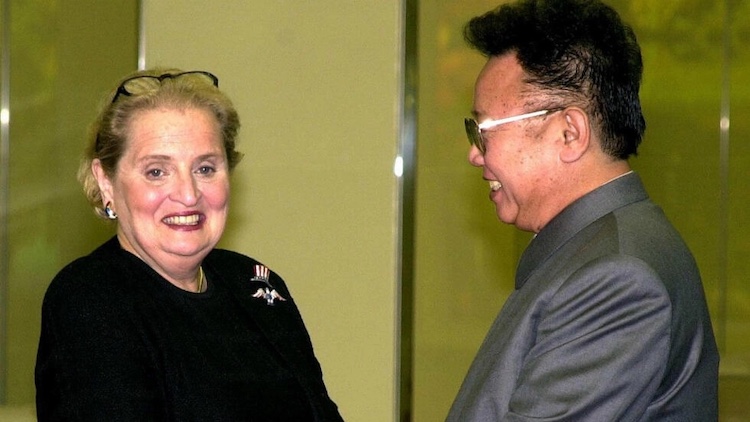
There Is a Way Out of the North Korean Nuclear Crisis
By Jonathan Power*
LUND, Sweden | 26 January 2024 (IDN) — Last November the dangerous arms race between North Korea and South Korea in what is in effect a civil war was wound up a few more notches. South Korea said it was going to scrap a security pact made with North Korea in 2018. The pact halted all military exercises along their common border. (P28) JAPANESE | ARABIC | KOREAN | THAI
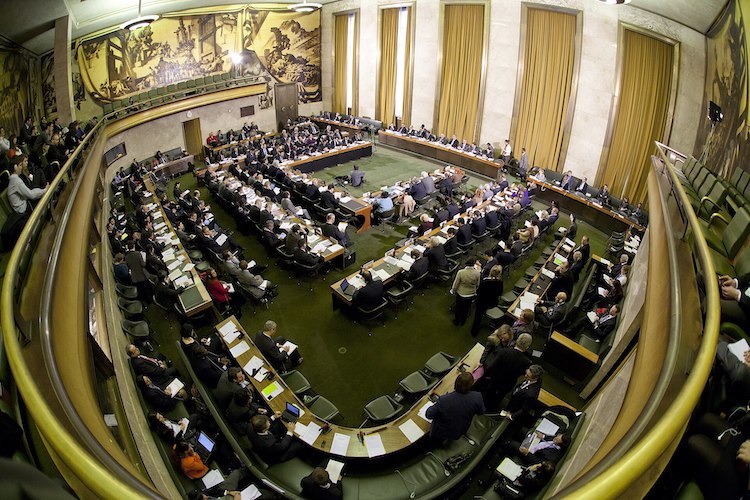
The End of An Era?
The Case for a New UN General Assembly Special Session on Disarmament
By Sergio Duarte
The writer is an Ambassador, a former High Representative of the United Nations Office of Disarmament Affairs., and President of Pugwash Conferences on Science and World Affairs.
BELO HORIZONTE, Brazil | 7 December 2023 (IDN) — Seventy-eight years ago, when World War II was about to end, the fear of an armed clash between the main powers that emerged as leaders of a significant part of the international community began to grow as the two rivals developed nuclear capabilities.(P27) JAPANESE | PORTUGUESE
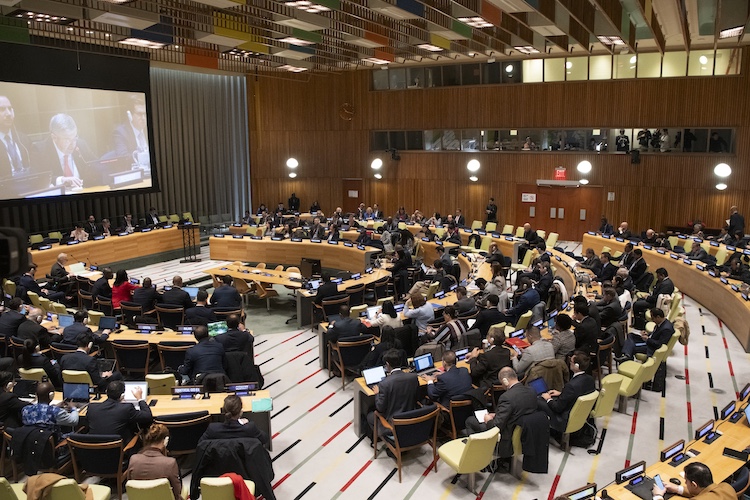
Nuclear Deterrence: An Unproven Gamble that Risks Humanity
By Thalif Deen
UNITED NATIONS | 3 December 2023 (IDN) — Is it justifiable for a country to go nuclear—on the grounds that it is doing so to protect itself from nuclear attacks?
The argument is based on the concept of “nuclear deterrence”: a widely-challenged theory that nuclear weapons are intended to deter nuclear attacks prompting the question: would the Russians have invaded Ukraine if it was a nuclear power? (P26) CHINESE | JAPANESE | SWEDISH
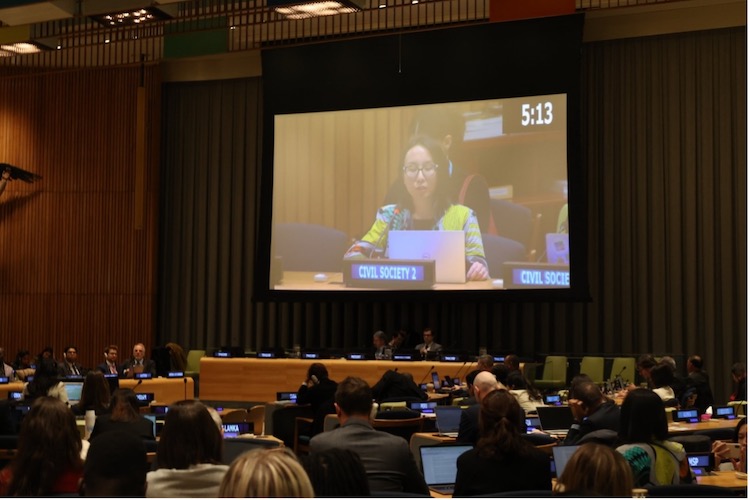
Faith-based Organizations Warn Nuclear Arms as Worst of all Evils
By Razeena Raheem
UNITED NATIONS | 1 December 2023 (IDN) — As the weeklong Second Meeting of States Parties to the Treaty on the Prohibition of Nuclear Weapons concluded on December 1, a joint statement by a coalition of 115 faith-based and civil society organizations warned of the double violence of climate catastrophe and rampant militarism. (P25) JAPANESE | TURKISH
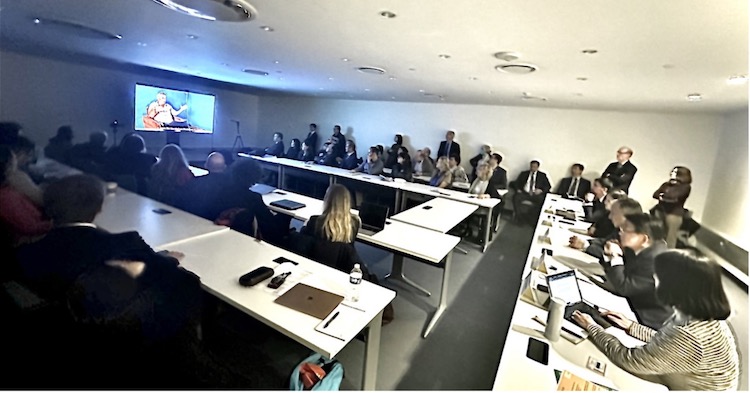
The Voices of Victims of Nuclear Weapons Testing
By Thalif Deen
UNITED NATIONS, 30 November 2023 (IDN) — Speaking at a side event during a weeklong meeting of States Parties on the Prohibition of Nuclear Weapons (TPNW), Hirotsugu Terasaki, Director General of Peace and Global Issues, Soka Gakkai International (SGI), warned that the past two months have seen the outbreak of wide-scale violence between Israel and the Gaza Strip—and the ongoing conflict in Ukraine—both of which continue to heighten the “risk that nuclear weapons could actually be used.” (P24) HINDI | JAPANESE | THAI













